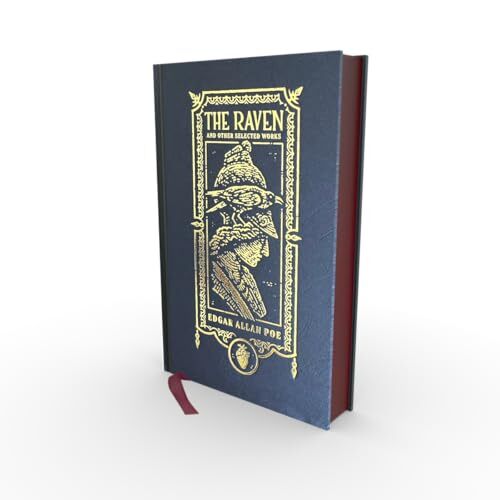
Some of the stories are brilliant and memorable:
-
The Pit and the Pendulum: amazing short story of a prisoner of the Spanish Inquisition waking up in a torture chamber. The image of the pendulum sears itself into your mind.
-
The Cask of Amontillado: famous tale of murder, told from the perspective of the murderer. I read this many years ago, and it made a massive impression, so coming back to read it while going through this book, I was startled to find just how short the story is—less than 10 pages. It definitely punches above its weight!
-
The Tell-Tale Heart: another classic tale of murder from the perspective of the murderer. This one clocks in at less than 8 pages, but the insanity of the (unreliable) narrator will stick with you for a long time.
-
The Murders in the Rue Morgue: one of the pioneering stories of detective fiction. The structure and pacing of this story is very poor, and it’s nowhere near as readable as later detective stories such as Sherlock Holmes and Poirot, but the influence on those later stories is clear, with Dupin solving a tangled mystery using solely observation, logic, and deduction.
-
The Purloined Letter: this is a far better mystery story from Poe that is much more readable and enjoyable than The Murders in the Rue Morgue. It has almost all the elements of a Sherlock Homes or Poirot story—something valuable stolen from the royal family, a somewhat inept police officer coming to a detective for help, the use of observation, logic, and deduction to solve the case, and so on—but predates these more famous detective stories by 50+ years.
-
The Facts in the Case of M. Valdemar: a creepy short horror story. It doesn’t feel that scary by today’s standards, but I can’t help but think this had to influence future writers, including HP Lovecraft.
-
The Raven: a beautiful poem with an amazing style, haunting rhythm, and dark themes. I must credit the Simpsons for introducing me to this poem years ago. It reads even better in the original :)
The variety of these stories, and the influence they had, is impressive, and for these alone this book, or more accurately, Edgar Allan Poe, is well worth reading.
However, I must also admit that a number of the stories were either unimpressive, or only made sense with a bunch of additional context, which this book failed to provide. Examples:
-
The Balloon Hoax: this turned out to be a bit a prank article Poe published. The book didn’t explain this at all, and without that context, it just reads like a crappy, overly-detailed short story.
-
How to Write a Blackwood Article: this is a mock, sarcastic “how to” guide, that, I think, was supposed to make fun of short stories published in The Blackwood. Let’s just say the jokes don’t exactly survive well to modern times.
-
The Duc de L’Omelette: I think this was supposed to be a humorous work on a Duc dying and going to hell… But the writing is confusing, half the story is in French (which is a bit frustrating if you don’t happen to know French), and much of the humor is from the fact that this is a satire of some contemporary of Poe’s, so it doesn’t really work in the modern day. I guess you had to be there.
In short, there are some extraordinary works from Poe here, but also some pieces that are best skipped.
